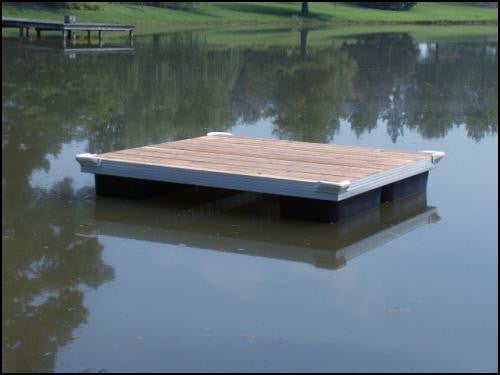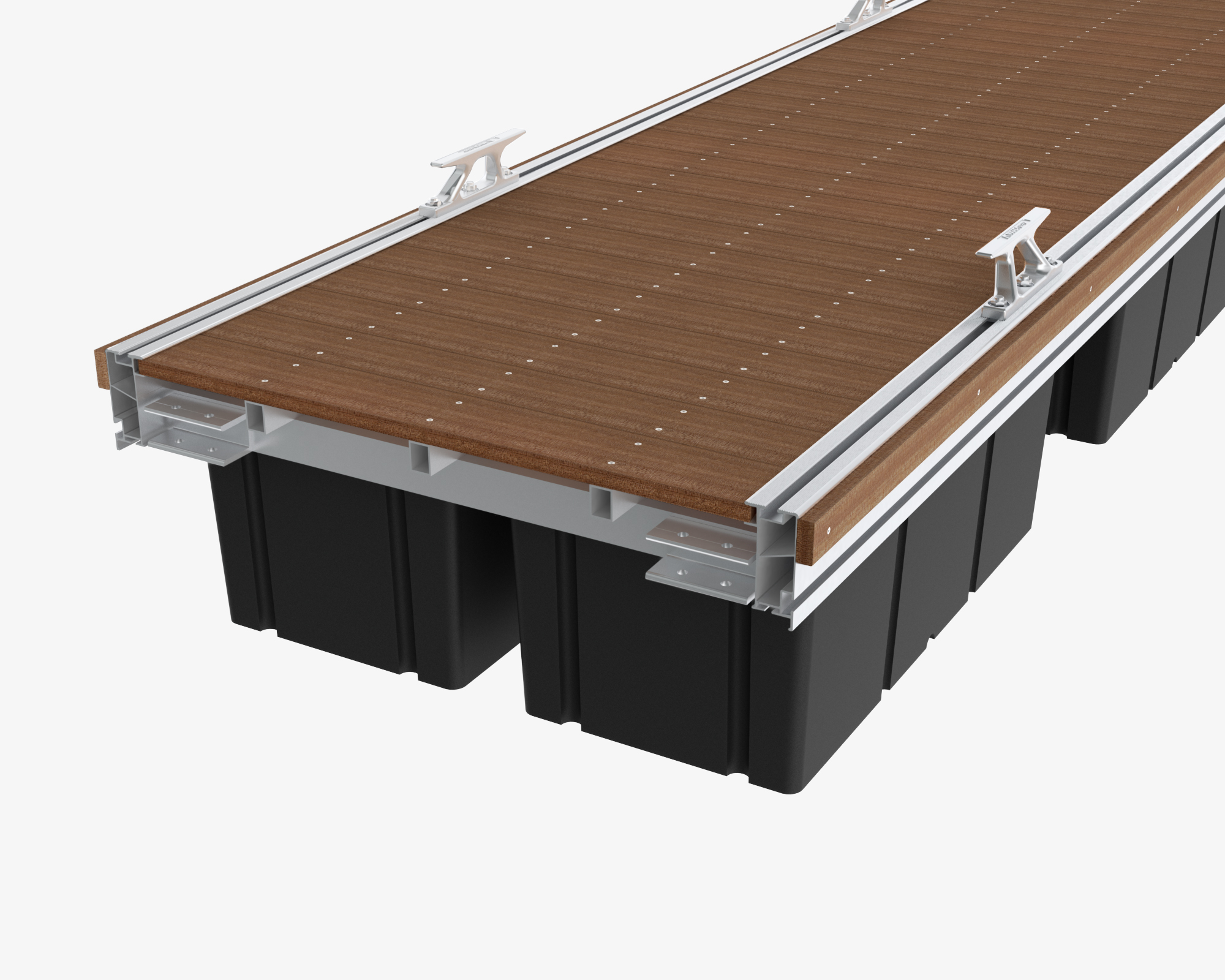Selecting the Right Dock Company: Aspects to Think About for a Seamless Setup
Selecting the Right Dock Company: Aspects to Think About for a Seamless Setup
Blog Article
The Ultimate Guide to Selecting the Ideal Floating Docks
Choosing the excellent floating dock calls for an extensive understanding of different components that influence both performance and durability. Variables such as dock types, products, and important functions dramatically influence your decision-making process.
Understanding Floating Dock Types
When picking a floating dock, it is important to comprehend the numerous kinds readily available, as each serves distinct functions and applications. Floating docks mostly fall under 3 groups: modular, fixed, and pontoon docks.
Modular docks are composed of private sections that can be quickly set up or reconfigured, making them ideal for changing water degrees and varied usages, such as commercial operations or entertainment activities. Their flexibility enables personalization based on particular needs.

Pontoon docks are identified by their buoyant structure, often composed of numerous pontoons that provide security and assistance. They are especially fit for larger vessels and are generally utilized in marinas or for beachfront properties. Comprehending these kinds aids in choosing one of the most proper floating dock to meet details needs, making sure optimum functionality and security.
Trick Materials for Resilience
Choosing the ideal materials for floating docks dramatically effects their durability and longevity. One of the most usual materials include wood, plastic, steel, and composite materials, each offering unique advantages and limitations.
Wood, commonly preferred for its visual appeal, requires regular maintenance to stand up to dampness and degeneration. Pressure-treated lumber can boost resistance to rot, but it may still be vulnerable to pests and weathering.

Plastic docks, made of high-density polyethylene (HDPE), are resistant to rust, UV radiation, and impact, making them a popular selection for seaside atmospheres. Their lightweight nature additionally assists in easy installment and relocation.
Steel docks, typically created from light weight aluminum or galvanized steel, offer exceptional toughness and toughness. They are resistant to deterioration, particularly when dealt with, however might require added insulation to stop heat build-up in warm climates.
Composite products, integrating wood fibers and plastics, deliver the benefits of both timber and plastic, standing up to moisture and fading while calling for marginal maintenance. - dock company
Eventually, the selection of products ought to line up with environmental conditions, meant use, and maintenance choices to make certain the floating dock continues to be useful and cosmetically pleasing gradually.
Important Features to Consider
While the option of materials is crucial, considering important features for floating docks is just as essential to make sure optimum efficiency and user complete satisfaction. One crucial attribute to assess is the dock's buoyancy ability, which determines how much weight it can support without immersing. dock company. why not try these out This is vital for fitting boats, personal watercraft, and even entertainment tasks
In addition, transportability is a significant consideration. Depending on your needs, you may want a dock that is easy to disassemble and carry, especially if you prepare to move it seasonally. Stability is another important feature; a well-designed floating dock must reduce activity triggered by wind and water currents, offering a protected system for users.
Safety attributes, such as non-slip surface areas and rounded sides, are likewise critical to prevent mishaps, especially in damp problems. Moreover, take into consideration the accessibility of devices, such as cleats, ladders, and bumpers, which can improve the performance of your dock.
Installment and Upkeep Tips
Establishing and keeping a floating dock needs mindful planning and interest to information to ensure its longevity and optimum efficiency. Begin by choosing a proper area that minimizes exposure to solid currents and waves, which can cause wear and tear. Make certain that the water depth is adequate for the dock's elevation which it is secured safely to stop motion.
Throughout installation, adhere to the manufacturer's standards very closely, as incorrect setting up can jeopardize security. Usage high-grade materials resistant to deterioration, such as aluminum or treated wood, to boost sturdiness. Regularly check all parts, consisting of floats, ports, and anchoring systems, for indications of damages or wear.
If your dock uses flotation tools, guarantee they remain intact and totally free internet from leaks. By adhering to these setup and upkeep ideas, you can enjoy a trusted and useful floating dock for years to come.
Budgeting for Your Dock
Budgeting for your dock is a vital step that can dramatically impact your general satisfaction and investment in a waterfront property. Developing a clear budget plan aids you navigate the different alternatives available and ensures you make informed choices that line up with your economic capabilities.
Begin by figuring out the size and design of the dock you require, as these factors will greatly affect the expense. Floating docks can differ significantly in price, depending upon products, buoyancy, and attributes like ramps and devices. Study various producers and suppliers to compare prices and comprehend the marketplace value.
Along with initial prices, consider recurring costs such as upkeep, insurance coverage, and possible repair work. Designate funds for these repeating expenses to stay clear of surprises down the line. It's additionally prudent to allocate any kind of required authorizations or evaluations, which may be called for by local policies.
Finally, maintain in mind the potential return on investment. A tactical dock can enhance your residential or commercial property's value and appeal, providing a favorable financial impact in the lengthy term. By budgeting successfully, you can make certain that your dock fulfills your needs without compromising your financial stability.
Verdict
Finally, picking the excellent floating dock requires a detailed assessment of various factors, consisting of dock types, materials, essential functions, and installment procedures. Prioritizing longevity and compliance with local laws ultimately enhances performance and home value. Mindful factor to consider of budgetary restrictions will further make certain an audio investment. By sticking to these guidelines, people can make enlightened decisions that promote long-term satisfaction and functionality in water atmospheres.

While the choice of products is critical, thinking about essential features for floating docks is just as essential that site to make sure optimum performance and user fulfillment.Setting up and preserving a floating dock calls for careful preparation and interest to detail to ensure its longevity and optimum performance. Floating docks can differ significantly in cost, depending on materials, buoyancy, and functions like devices and ramps.In verdict, choosing the ideal floating dock requires a complete examination of numerous elements, consisting of dock kinds, products, crucial functions, and installation processes.
Report this page